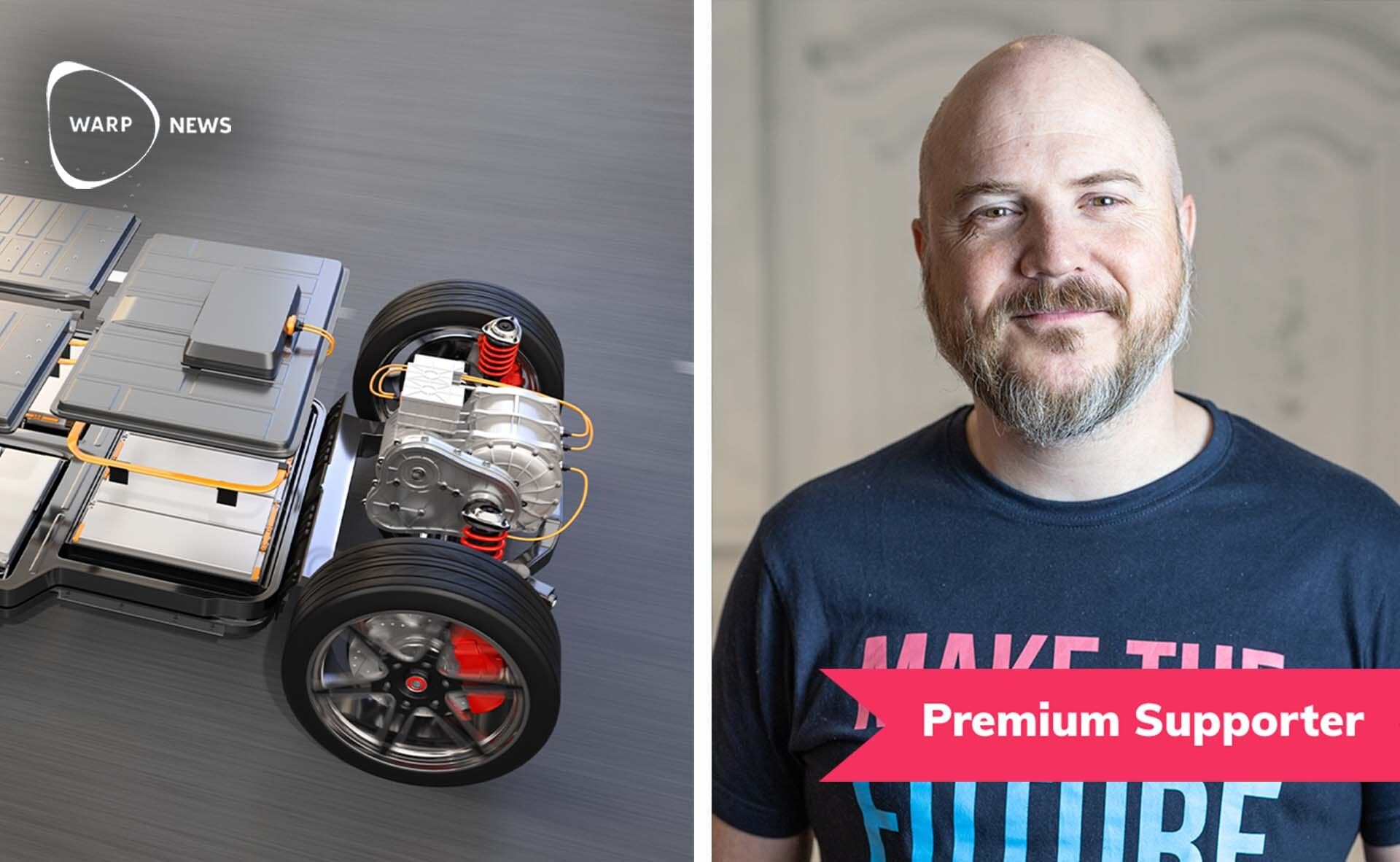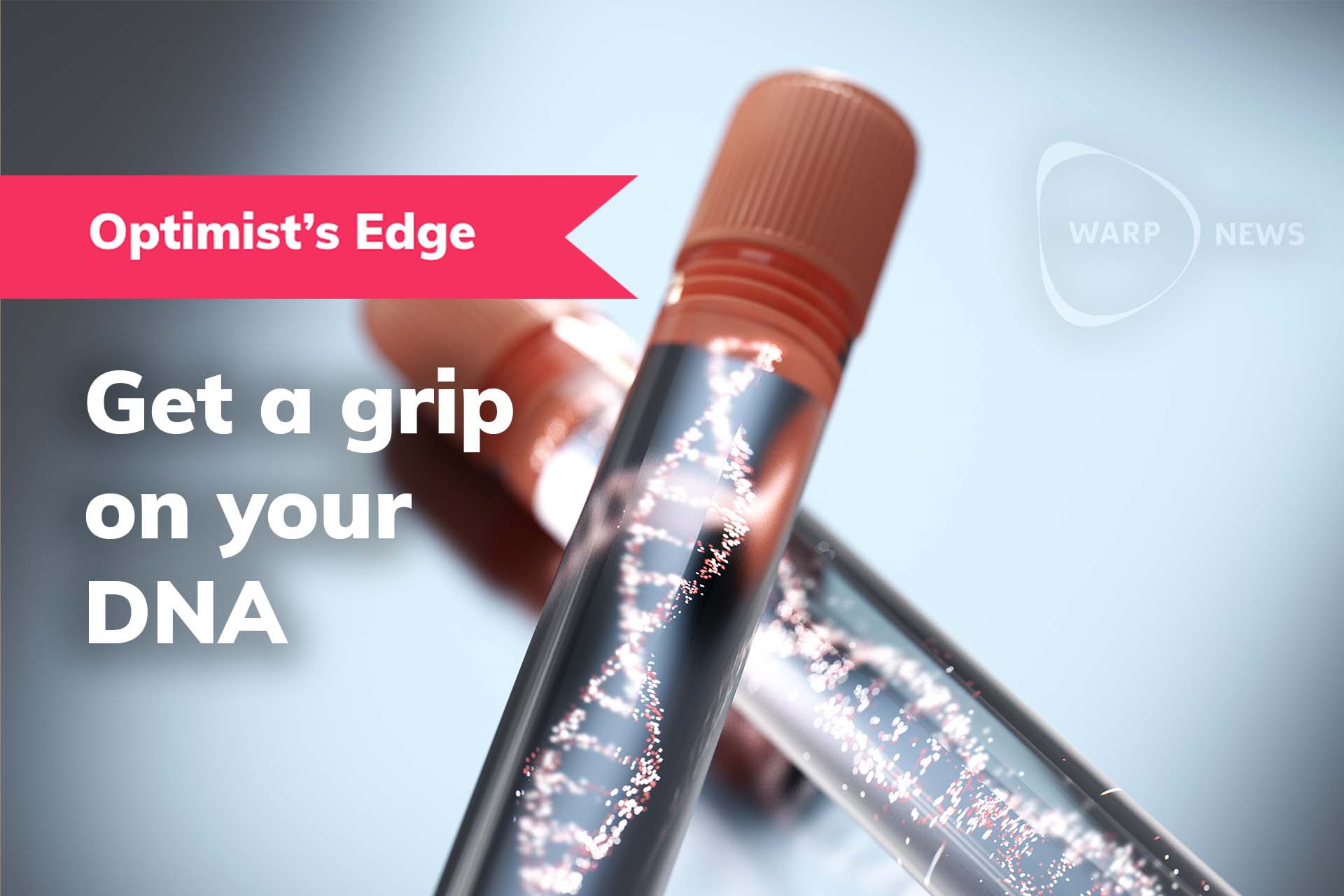
💡 Optimist's Edge: DNA insights that change your life
DNA is no longer abstract and something only for scientists and the police. Today, knowing your DNA is affordable and accessible through home DNA kits – and it can give you insights that change your life.
Share this story!
Summary
📉 What people think
Most people think of DNA as abstract. Something researchers deal with in a lab or police swab for in a criminal investigation. While we are seeing increasing interest, about 20 percent of Americans have taken a genetic test; the vast majority are in the dark regarding the benefits of at-home DNA testing.
📈 Here are the facts
The first human genome sequence took 13 years to do and cost $2,7 billion. Roughly a decade ago, you could analyze your DNA for $10 million. Today, it costs about $100 and some saliva.
DNA is no longer abstract and something only for scientists and the police. Today, knowing your DNA is affordable and accessible through home DNA kits.
💡 Optimist's Edge
Anyone who wants to learn more about their health and get healthier, discover ethnic roots or connections to past and contemporary relatives should be curious about at-home DNA kits.
The appeal is quite obvious. Simply spitting in a tube or swabbing the inside of your cheek can unlock genetic mysteries that stretch back generations and reveal important insights into your health.
👇 How to get Optimist's Edge
Do you have relatives you don't know of? Where were your ancestors from? What genetic diseases do you have a heightened risk of getting? What medications should you avoid, and are you gluten intolerant?
Our expert reveals four reasons for DNA testing: ancestry, genetic risks, pharmacogenomics, and lifestyle insights. Knowing what each of these means and how they can improve your life gives you the basis to choose the right DNA test provider for you.
Not least, you also want to keep your DNA data safe. In the full article, we go through a selected list of DNA test kit providers.

📉 What people think
Most people think of DNA as abstract. DNA is something researchers deal with in a lab or police swab for in a criminal investigation.
We see increased interest, about 20 percent of Americans have taken a genetic test, according to a survey made in October 2020. But the vast majority is in the dark in terms of the benefits of at-home DNA testing.
📈 Here are the facts
The first human genome sequence took 13 years and cost $2,7 billion. Roughly a decade ago, you could analyze your DNA for $10 million. Today, it costs about $100 and some saliva.
DNA is no longer abstract and something only for scientists. Today, knowing your DNA is affordable and accessible through home DNA kits.
All it takes is a little spit
With most kits, you begin by ordering them online. When you get the kit, all you have to do is collect some saliva by spitting it in a tube or swab the inside of your cheek. Then you seal the sample in a container and mail it to the lab in a pre-labeled envelope or box. About six to eight weeks later, you get your results online.
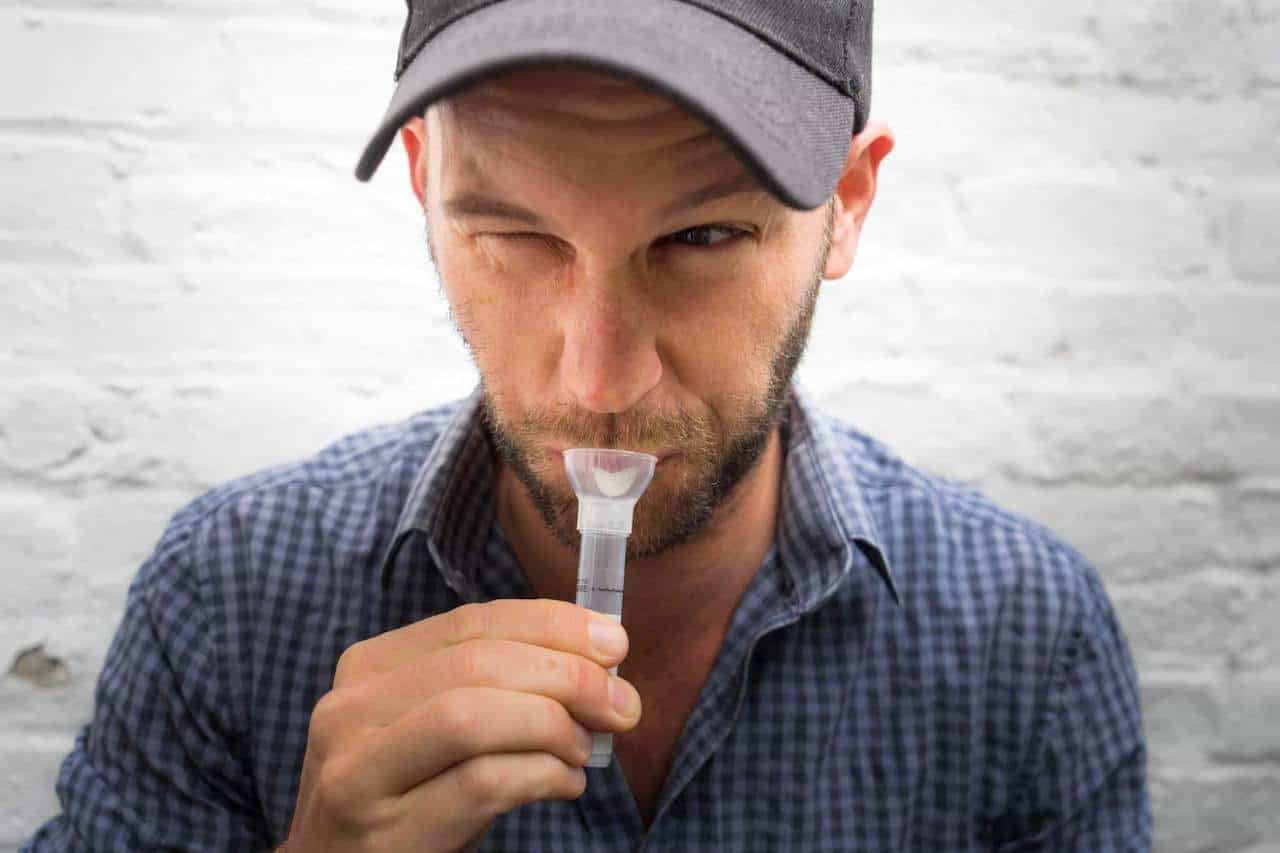
What the lab does
After extracting DNA from your saliva sample or cheek swab, the DNA testing company searches your DNA for certain genetic variants.
The building blocks of DNA are chemical bases called nucleotides, which come in four varieties: A, T, C, and G, spelled out adenine, thymine, cytosine, and guanine.
Humans have three billion pairs of these bases, so six billion letters in all strung together in a sequence. Altogether, this genetic information is called your genome.
The DNA testing company determines which of the four letters is present at many locations in your genome. Much of the sequence is shared among humans, so the companies focus on specific letters that vary from person to person, known as single nucleotide polymorphisms or SNPs.
Many of these SNPs have some biological relevance. As an example, having one variant of a specific SNP near the gene OCA2, which codes for a protein believed to be involved in producing the dark pigment melanin, makes it much more likely you’ll have blue or green eyes. Other traits and even some diseases are also associated with certain SNPs, some more strongly than others.
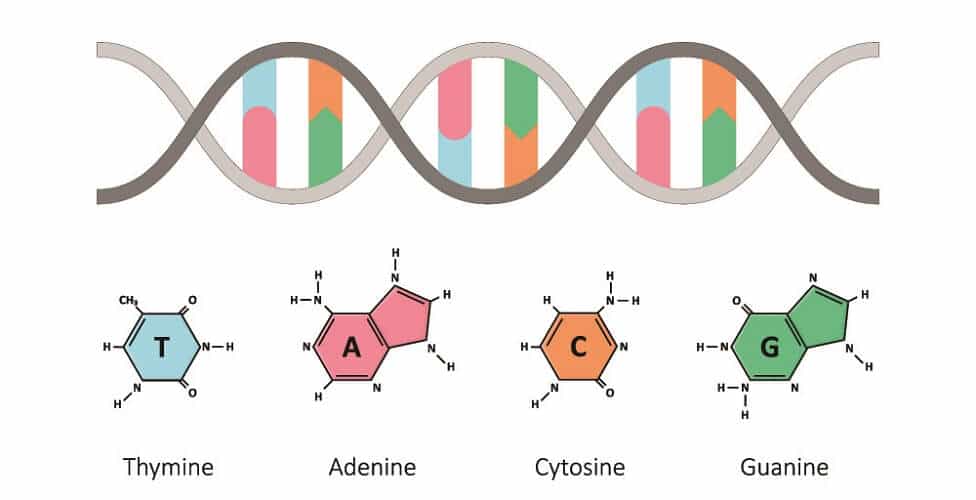
Accuracy varies
One of the biggest companies in the field, 23andMe, claims they can identify SNPs with 99.9 percent accuracy, which is in a plausible range for the methods they use.
Since many other major companies use similar techniques, their accuracy is likely equivalent, but not all tests meet the same standards.
Famously, one test failed to recognize that a supposedly human DNA sample actually came from a golden retriever named Bailey. It did recommend, based on her genetics, that Bailey should take up cycling and basketball.
Baileys results came from the now "Sold out" Superhero DNA Test, which claimed to tell customers about their speed, strength, and intelligence. It only tested for four genetic variants, while the pricier kits can include tens of thousands of variants.
Please note: No matter how many variants a kit tests for, it can't predict complex traits like intelligence, which are influenced by many different genes and environmental factors.

Who gets you DNA data?
DNA testing services also come with inherent privacy concerns, and they’re bound by few legal guidelines regulating the use of your data. The ramifications of sharing your DNA with for-profit companies are continuously evolving. Opting for a recreational DNA test today will likely lead to future consequences that are impossible to predict.
For instance, 23andMe monetizes your anonymized medical data, and does cancer therapy research, via a partnership with GlaxoSmithKline, but only if you opt in to research participation.
Read through how the data is handled carefully. If you're in Europe, researching GDPR compliance is a given.
💡 The Optimist’s Edge
According to Hannes Sjöblad, biohacker, speaker, and advisor on innovation and new technologies, there are four main reasons to do a DNA test.

Ancestry
This is the most common reason people do a DNA test. Companies use various methods to determine ancestry, but the tests generally involve comparing the customer's DNA to reference DNA meant to represent populations from different geographical regions together with the company's DNA database. This means the bigger the database, the better.
Many DNA testing services allow customers, optionally, to see whether other users of the same service are biologically related.
"With this information, you get to know if you have relatives near you or in other parts of the world. It's perhaps extra interesting for people who are adopted or don't really know everything about their family," says Hannes Sjöblad.
Since most people have at least somewhat mixed heritage, you often get ancestry as represented in percentages: 26 percent Scandinavian, 14 percent German, and so on.
It's important to understand that these tests aren’t able to guarantee where your ancestors actually lived. They can’t directly compare your data to DNA from people who lived hundreds of years ago.
However, some companies offer a mitochondrial DNA test that allows you to find your maternal haplogroup. This includes people who all share maternal the same ancestor thousands or tens of thousands of years ago. Some tests might even tell you that you're a little bit Neanderthal.

Genetic risks
While genetic testing might, surprisingly, reveal your inability to detect the unique odor of asparagus pee (or, in the writer's case, tendency to sneeze after eating dark chocolate), most people are seeking deeper information. This can be information such as whether they have genetic variants associated with Alzheimer's or breast cancer.
In March 2018, the FDA granted 23andMe permission to give customers information about certain mutations in the genes BRCA1 and BRCA2 that dramatically increase the risk for breast and ovarian cancer. Some people with a faulty BRCA gene take precautions to prevent or detect cancer early, including undergoing preventive double mastectomies, as Angelina Jolie famously did in 2013.
"There are quite a few diseases today where you can get information on if you have any genetic variants associated with increased risk. It could be latent in you but passed on to your children. This is very valuable information which means you can act fast if you suspect the disease becoming active," says Hannes Sjöblad.
Genetic risk is all about probability. For example, it may be frightening to learn you have an SNP associated with a tenfold increase in risk for a disease, but if that disease only affects 0.01 percent of people, your risk is still just 0.1 percent.
Important: If you have an SNP strongly associated with a more common illness and show signs of having it, you should see a physician to get a proper evaluation.
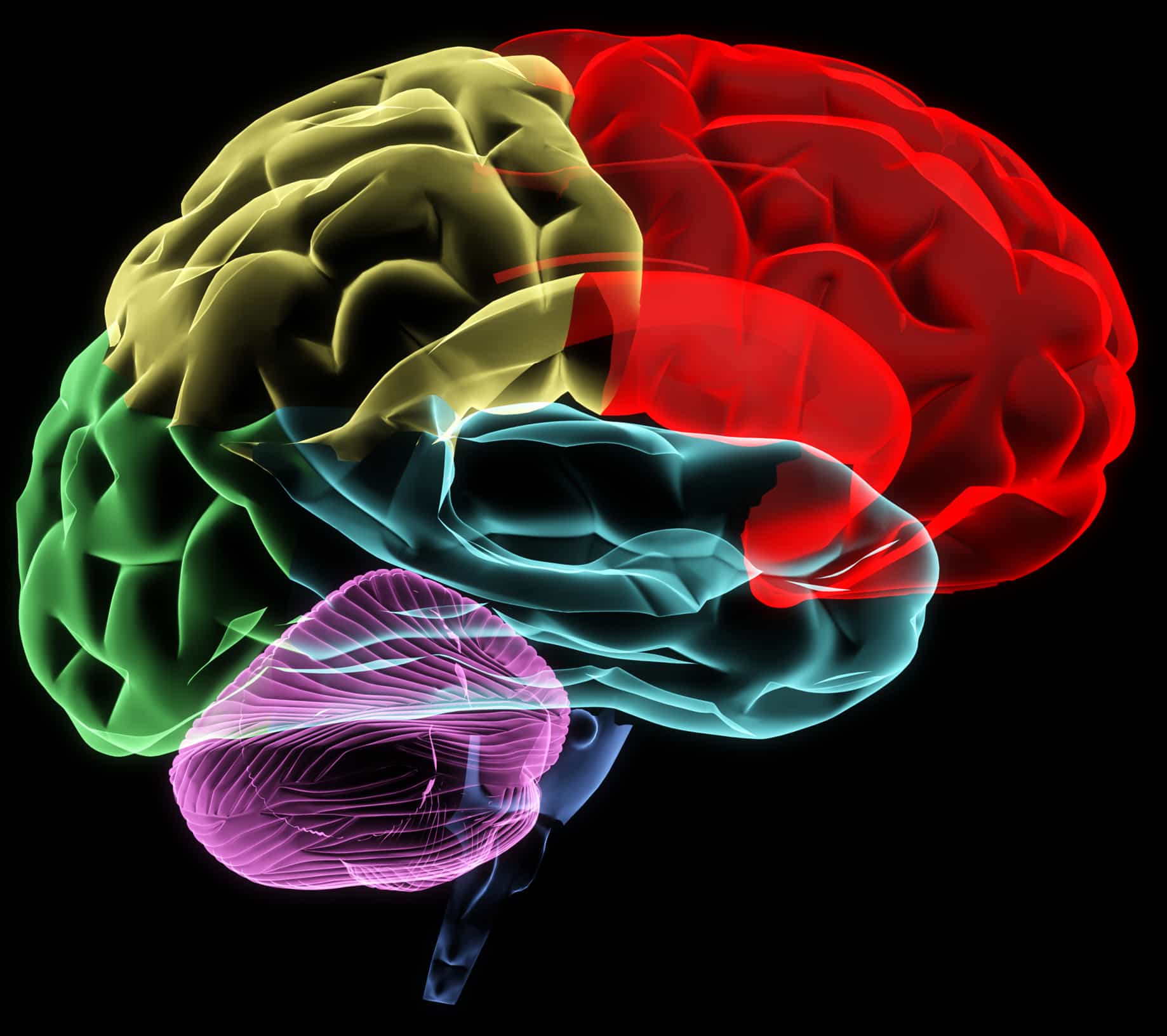
Pharmacogenomics
Pharmacogenomics analyzes how the genetic makeup of an individual affects their response to drugs. This is perhaps the least known use of DNA data, but one that has big strategic significance, claims Sjöblad.
"Different medications and treatments have different effects depending on what genes you have. Many have heard about getting information through DNA on genetic diseases and ancestry, but I think pharmacogenomics should be routine."
"When you take someone in for chemotherapy treatment that costs millions, you do it. But this also applies to common painkillers. How you react to drugs should be checked before you go to the pharmacy. It should be a given," says Sjöblad.
The data is already available. The FDA has a comprehensive list connecting drugs with biomarkers.
"So, it shows that if you have the CYP2D6 gene, there is a risk that this and that medicine will have no effect on you, or you should avoid it. This is crucial information."

Lifestyle insights
Lastly, there is the underestimated area of lifestyle insights you can get from DNA testing. With DNA testing, you can get answers to some important everyday lifestyle questions. For instance, am I at risk for lactose or gluten intolerance? What kind of muscle fibers do I have?
"In my case, I have a gene variant that makes me less able to absorb vitamin B. So, I know it's wise of me to take B12 supplements. I was a vegetarian for a while but realized, through this test, that I should probably have a meat component or eat lots of supplements."
In these more tangible results, Hannes Sjöblad sees most people get those aha-moments from their DNA tests.
"It's fun to realize you have three new relatives in Minnesota, but these are things I benefit from here and now, such as what I should eat and drink."

👇 How to get Optimist's Edge
Hannes Sjöblad's advice on how to get the Optimist's Edge is simple: buy a kit.
"It's from $100 and upwards, depending on what you're interested in. But you will get some amazing insights that could very well change your life."
So what product and lab to chose? The largest providers in the world are all in the US. However, if you're in Europe, Hannes Sjöblad strongly advises using a European provider.
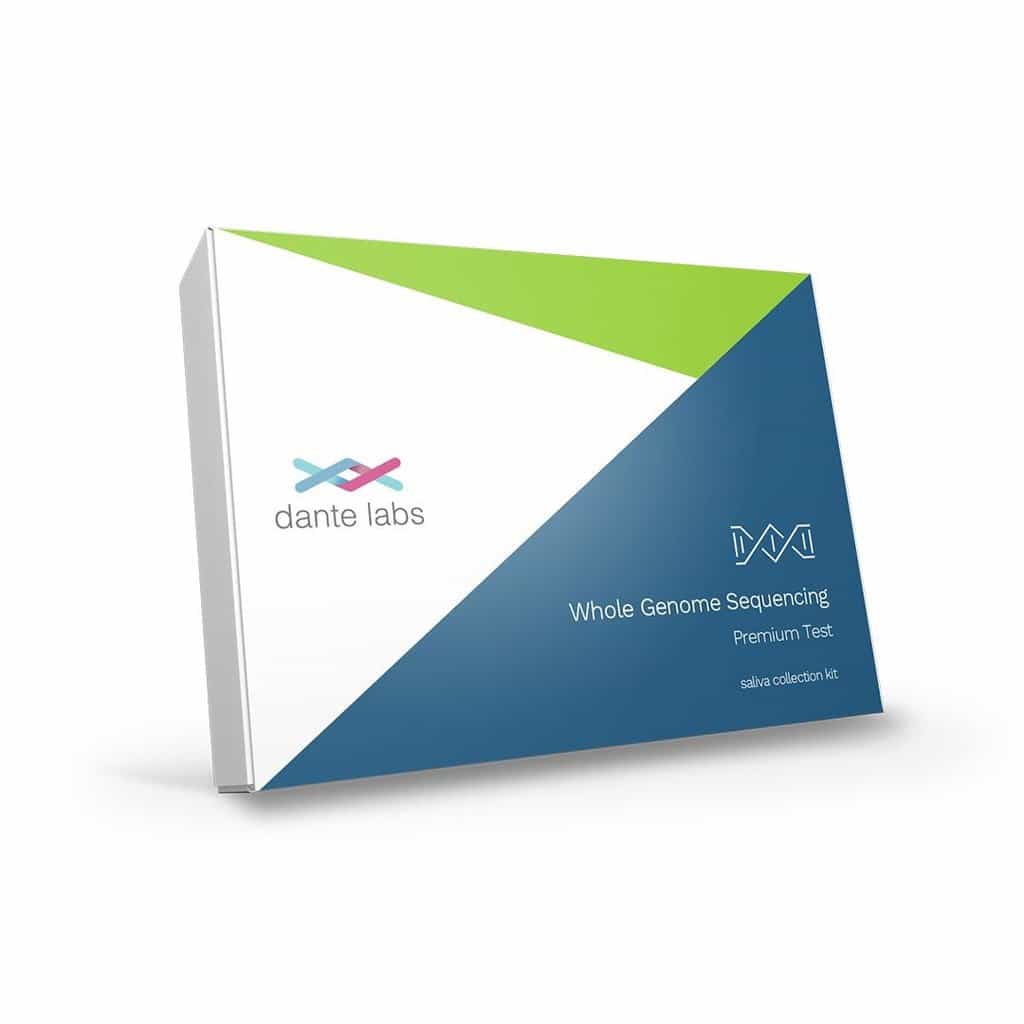
Dante Labs is an Italian company that does whole genome sequencing. It's expensive compared to the most common US providers but gives you all the information you need to explore the four main reasons to do a DNA test and good data protection.
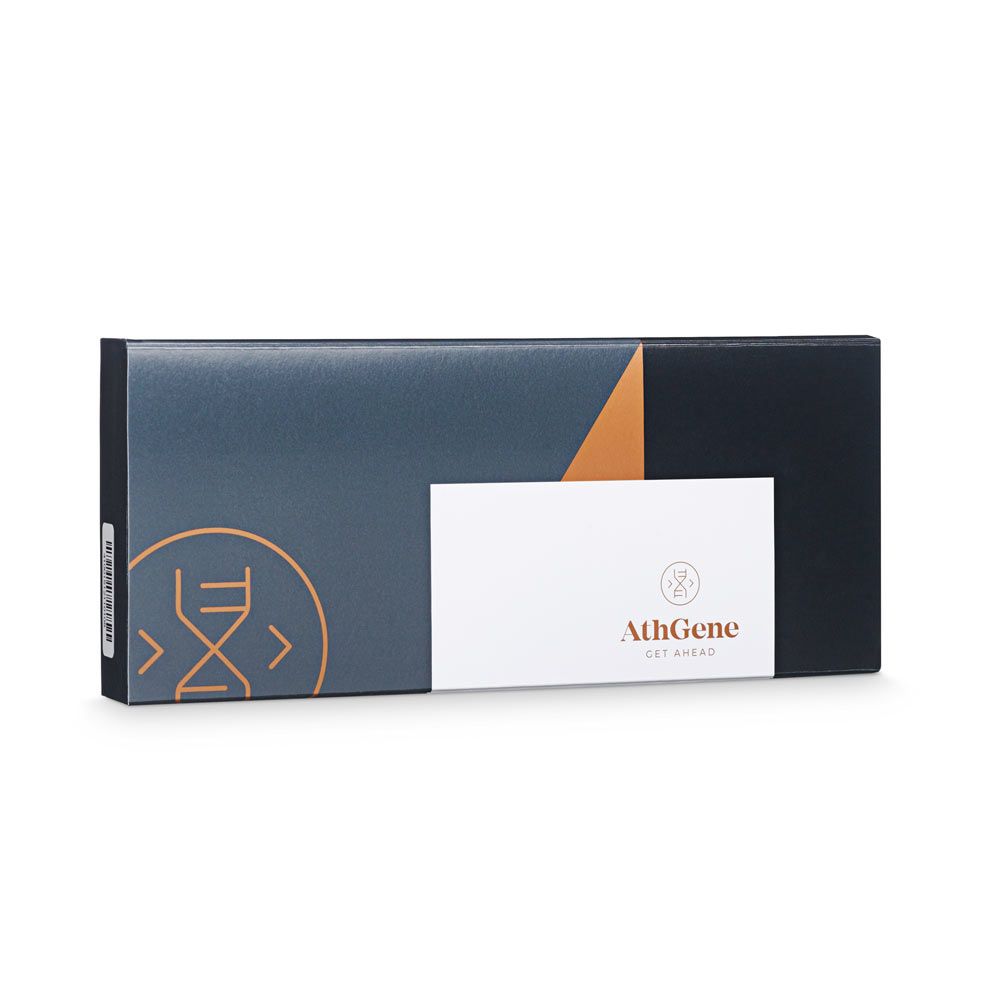
AthGene is based in Denmark and focused on the health, nutrition, and lifestyle aspects of DNA testing. They provide several different types of tests and are slightly more expensive and more specialized than their US counterparts.
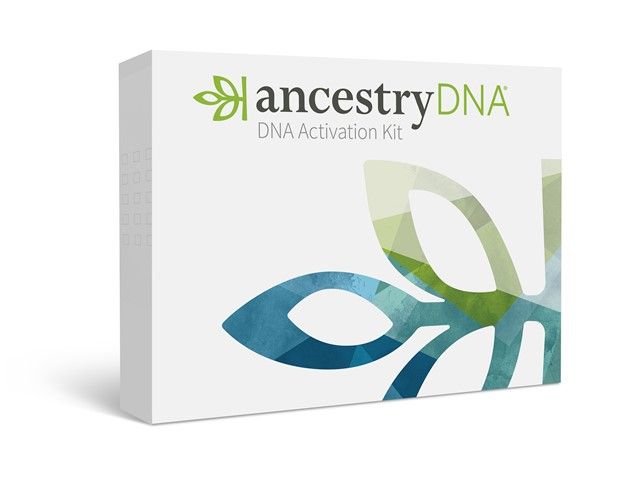
AncestryDNA is based in the US, and as the name suggests, is focused on the ancestry part of DNA information. For people seeking distant cousins or even biological parents, the company’s claimed DNA database of more than 18 million customers gives you the highest odds of successful matches.
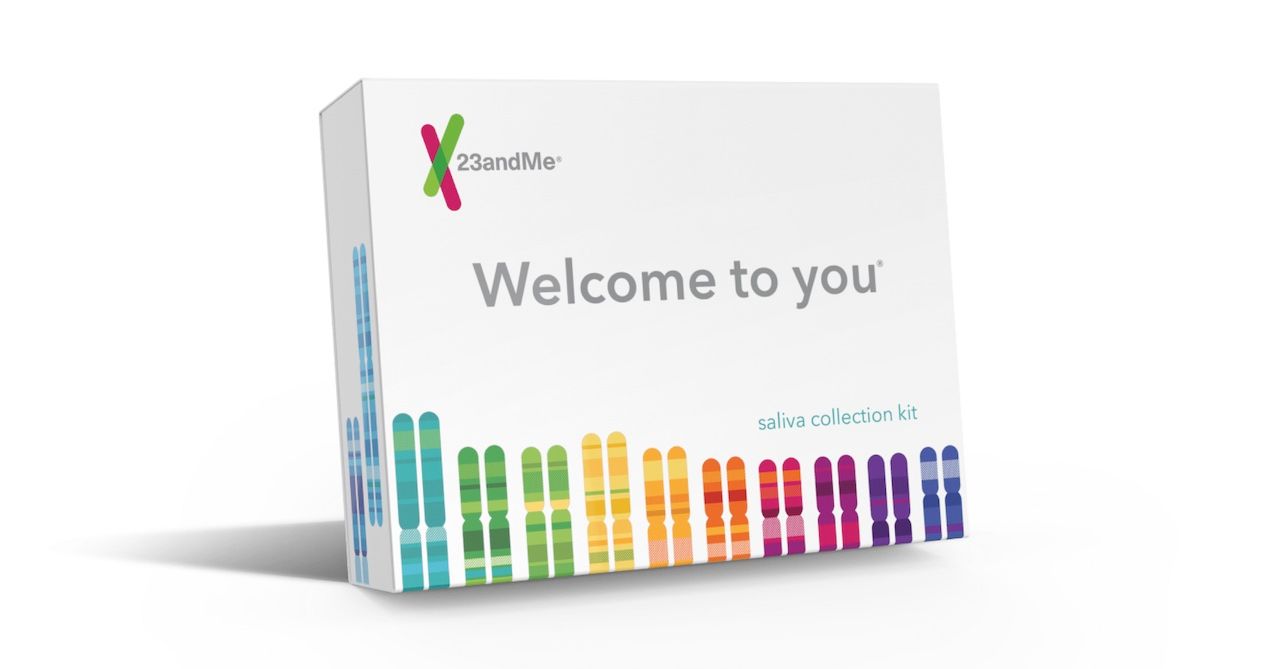
23andMe offers the same type of ethnicity estimates and presents the same privacy concerns as AncestryDNA at a similar price. With a DNA database of 12 million customers, it's number two in the world. However, 23andMe can also give you insights into genetic risks and other health data.
What kit suits you the best? It's all up to your requirements. Many knowledgeable Premium Supporters within the Warp community can help you out if you have any questions. Reach out in the Facebook group!
You now have an edge because you have gained this knowledge before most others – what will you do with your Optimist's Edge?
❓ What more can you do?
Please share more ideas with your fellow Premium Supporters in our Facebook group.
By becoming a premium supporter, you help in the creation and sharing of fact-based optimistic news all over the world.


